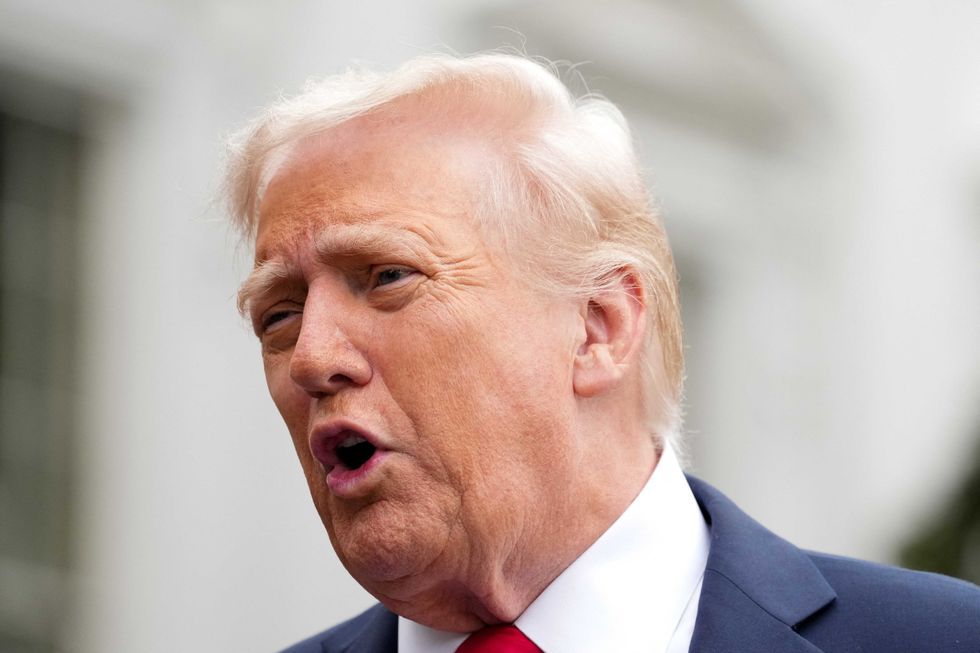Amid rising economic concerns, the Federal Reserve announced a quarter-point interest rate cut on Wednesday, reducing the benchmark rate to a range of 3.75% to 4%. This marks the second rate cut of the year, reflecting ongoing challenges in the U.S. economy. As Americans grapple with increasing prices due to tariffs, surging health insurance premiums, and the recent government shutdown, the Fed’s decision comes at a critical juncture.
In a statement, the Federal Reserve noted that job gains have slowed throughout the year and the unemployment rate, while still low, has edged upwards. The central bank acknowledged, “Inflation has moved up since earlier in the year and remains somewhat elevated,” highlighting the economic pressures facing households across the nation.
Economic analyst Alex Jacquez, who previously served in the Obama administration and is now the chief of policy and advocacy at the think tank Groundwork Collaborative, criticized the Fed’s decision. He stated that the interest rate cut would do little to mitigate the “economic turmoil” stemming from President Donald Trump‘s policies. Jacquez said, “The Fed’s decision only confirms what Americans already know—the economy is slowing, job growth has stalled, prices keep climbing, and consumers are pulling back because they’re out of options.”
Concerns over the state of the economy were echoed by Brendan Boyle, Ranking Member of the U.S. House Budget Committee. He characterized the rate cut as “yet another warning sign about the sorry state of Donald Trump’s economy.” Boyle pointed out that “nearly half of all states are now in or near recession, inflation is climbing, and the labor market is losing strength.” He attributed these issues directly to what he described as Trump’s “reckless tariff taxes and his chaotic economic agenda.”
Boyle further emphasized the hardships faced by working families, noting, “At the same time, working families are facing the largest spike in health insurance premiums in our nation’s history.” He pledged to continue advocating for lower costs and better access to healthcare and employment opportunities.
Adding to the critical commentary, Rohit Chopra, former director of the Consumer Financial Protection Bureau during the Biden administration, expressed skepticism about the Fed’s independence. He remarked, “While he is not in the room to vote on Fed interest rates, President Trump’s shadow looms large over the Federal Reserve and many members seem eager to please him.”
Chopra highlighted the tension surrounding Lisa Cook, a member of the Federal Reserve Board of Governors, who has faced attempts by Trump to remove her from her position. Her legal representatives have described these efforts as “unprecedented and illegal.” The U.S. Supreme Court is set to hear arguments in her case in January 2024, with the justices recently allowing her to remain in office while the matter is resolved.
As the Federal Reserve navigates these complex economic challenges, the implications of its decisions will continue to unfold, affecting millions of American households grappling with rising costs and economic uncertainty.







